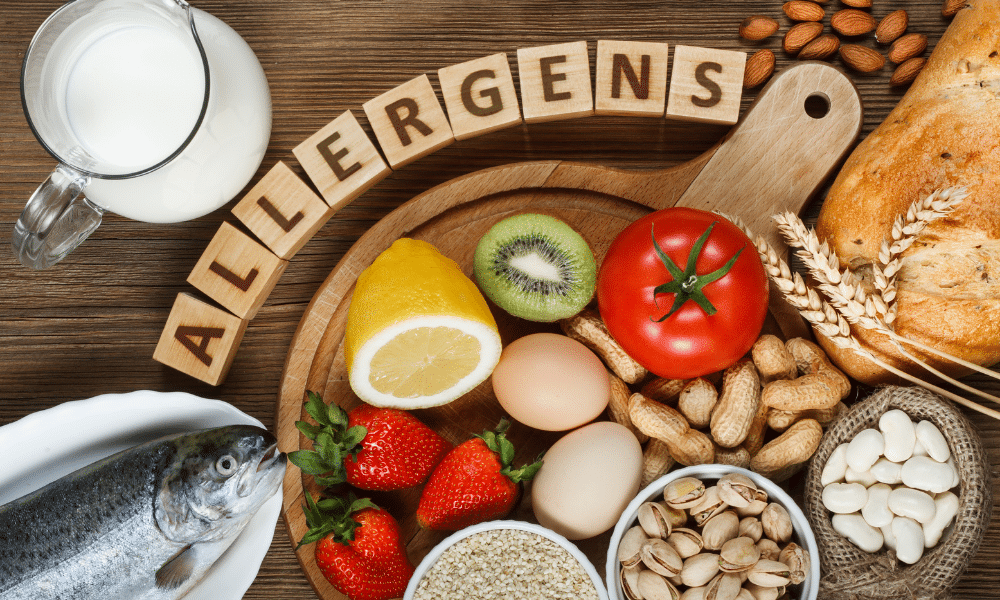What Is The Difference Between Food Allergy And Food Intolerance
As food plays an essential role in our daily lives, it is crucial to understand the difference between food allergy and food intolerance. While both conditions can cause uncomfortable symptoms, their causes and effects are different. Food allergy is an immune system reaction that can be severe and even life-threatening, while food intolerance is a digestive system response that is usually less serious. Understanding the difference between the two can help individuals make informed decisions about their dietary choices and avoid potentially harmful situations.
Have you felt that you are feeling ten pounds heavier than the previous day? And to top it off, the foods that you used to eat with no trouble at all are suddenly up against you leaving you bloated and gassy?
Don’t get panic, stricken! You are not the only one. There are millions of people in the world who suffer from some allergy, food sensitivity or intolerance. The most common symptoms associated with it are flatulence, abdominal discomfort, headaches, diarrhoea, skin rashes and eczema. And all these are caused due to the body being unable to digest the food properly due to a lack of correct amounts of specific enzymes to do so.
Many sufferers are unaware that there is a difference between food allergy and food intolerance.
Food Intolerance
However, unlike food allergy, food intolerance is just the digestive system’s incapability to digest specific food ingredients. It does not involve your body’s immune system. It is otherwise known as non-allergy food hypersensitivity.
Food Allergy
On the other hand, food allergy is caused by allergic reactions, where the immune system mistakenly identifies certain foods, especially proteins, as a threat and triggers an allergic reaction by releasing substances called histamines. The allergic reactions caused by histamines may vary from mild to severe, and in the worst case scenario, may require immediate medical attention. Therefore it is critical that the types of food that you are allergic to be identified and eliminated from the diet completely.
In theory, though any food can trigger allergy, proteins are the most common culprit in food allergies. About 90% of the food allergies caused is attributed to proteins.
Dairy products, wheat, rye, barley, eggs, soya, shellfish, fish and nuts in the diet are often responsible for causing food allergies.
Though it is true that these foods are also part of the top food staple worldwide and are used for making a wide variety of foodstuff, they contain specific proteins that trigger an allergic reaction in your body.
The reason is not apparent as to why some people suddenly develop allergies to certain substances while others do not. But it does seem that stress and a depressed immune system contribute to the severity of allergies.
Therefore, the best way to avoid food intolerance and allergy is abstinence and living a healthy balanced life. However, when avoiding certain foods from your diet, it can be hard to maintain proper nutrients in your diet. Some allergens are also vital sources of macronutrients like protein and fat, and minerals and vitamins.
So you can make up for these losses of nutrients through alternate food supplements. Remember that everyone is unique, so is our body composition, and one should seek a qualified practitioner’s advice before taking supplements. Coupled with this, a healthy physical fitness plan will keep your allergic troubles far away by expelling toxins, reducing stress and boosting the immune system!




